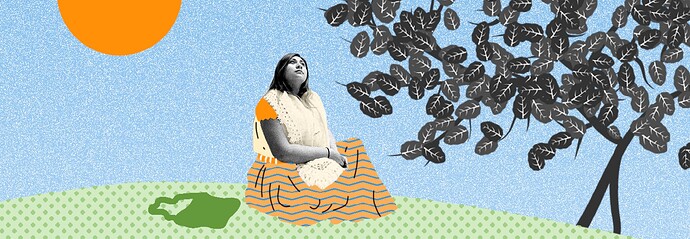Survey: Help LocNet Better Support the Community Centred Connectivity Movement
Greetings Community Initiatives,
As you may know, the mission of the APC-Rhizomatica LocNet project is to support community-centred connectivity movement in the global South and contribute to the movement and its supporting ecosystem. Further information on our work is available here.
In order to help us understand how best to support this movement globally, regionally and nationally, we are conducting a survey of these initiatives. Beyond helping us to improve the design of activities and strategies to better support your work, the survey’s results will be presented in events, reports and decision-making processes aiming to foster an enabling environment for community-centred initiatives. We also expect this work to increase the visibility of the community-centred connectivity movement and will build awareness among communities of others doing similar work.
If you are part of or know of an initiative/project in your region, please consider contributing to this survey, which is available in the following languages:
Please note that all the information that you provide will only be used for the specific purposes of this survey. Answering the survey is completely optional and we are aware that it is important to assess any risks or impacts that sharing information might have, taking into account your local context. To minimize possible risks, all personally identifiable information received through the survey (e.g. email address or name) will be kept confidential, used only for the survey objective, and then deleted and anonymized for aggregated statistical analysis. Once the data is anonymized, APC will not be able to personally identify you by the information you provide in your responses to this survey and we will not store your personal information, and therefore we will not be able to disclose it to third parties.
We also acknowledge the importance of making the aggregated data available to those who contributed their answers, and in a way that participants can use them as they wish. Therefore we will do our best to ensure that the aggregated data and any findings based on the information gathered are shared and accessible in all the five languages of the survey and that any reports based on the data are published under a creative common license.
The questionnaire is designed for individual, physically independent local initiatives. If you are providing data for multiple local initiatives in different locations, then please submit the data for each network in a separate questionnaire. Thank you very much!
Best Regards,
LocNet team
